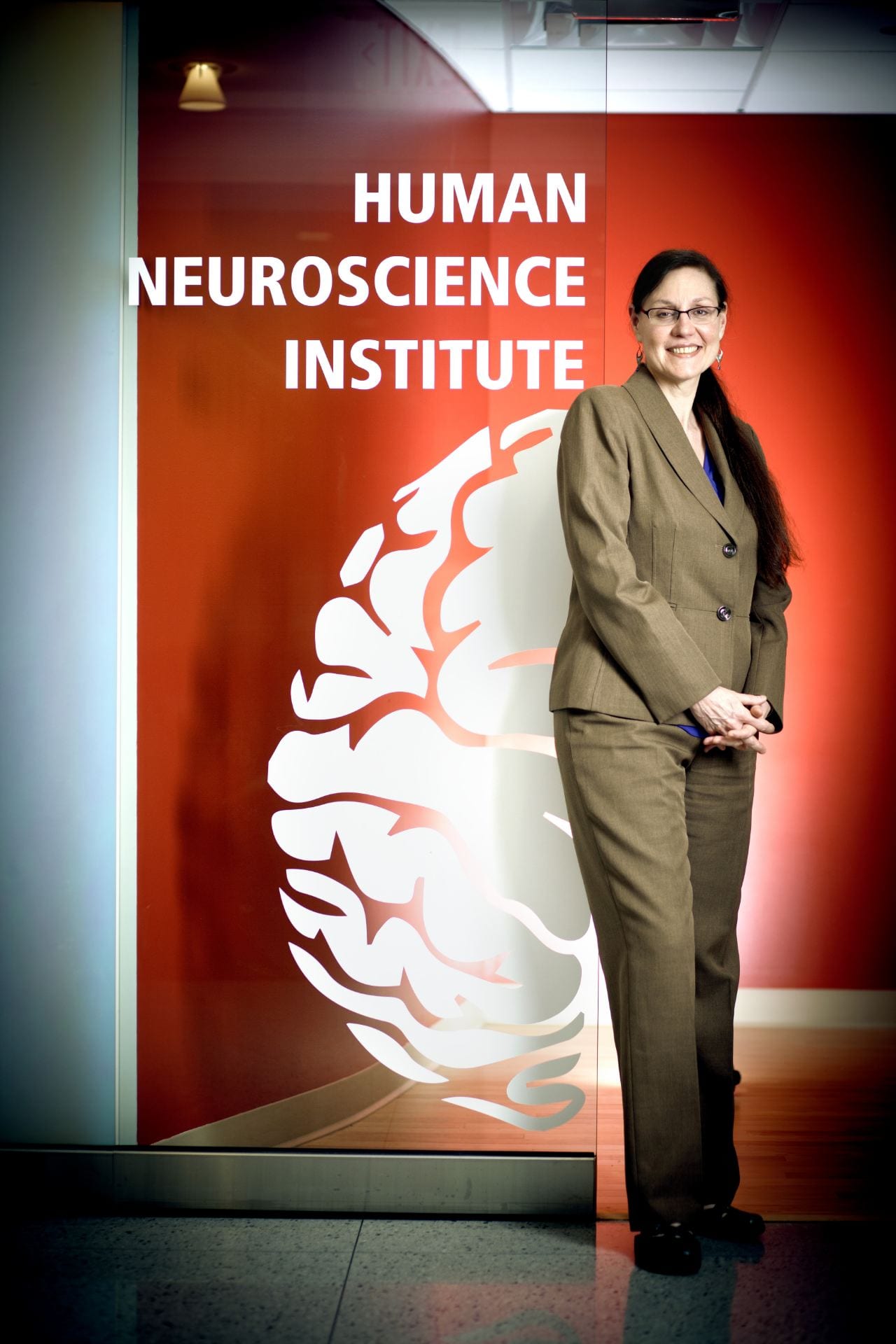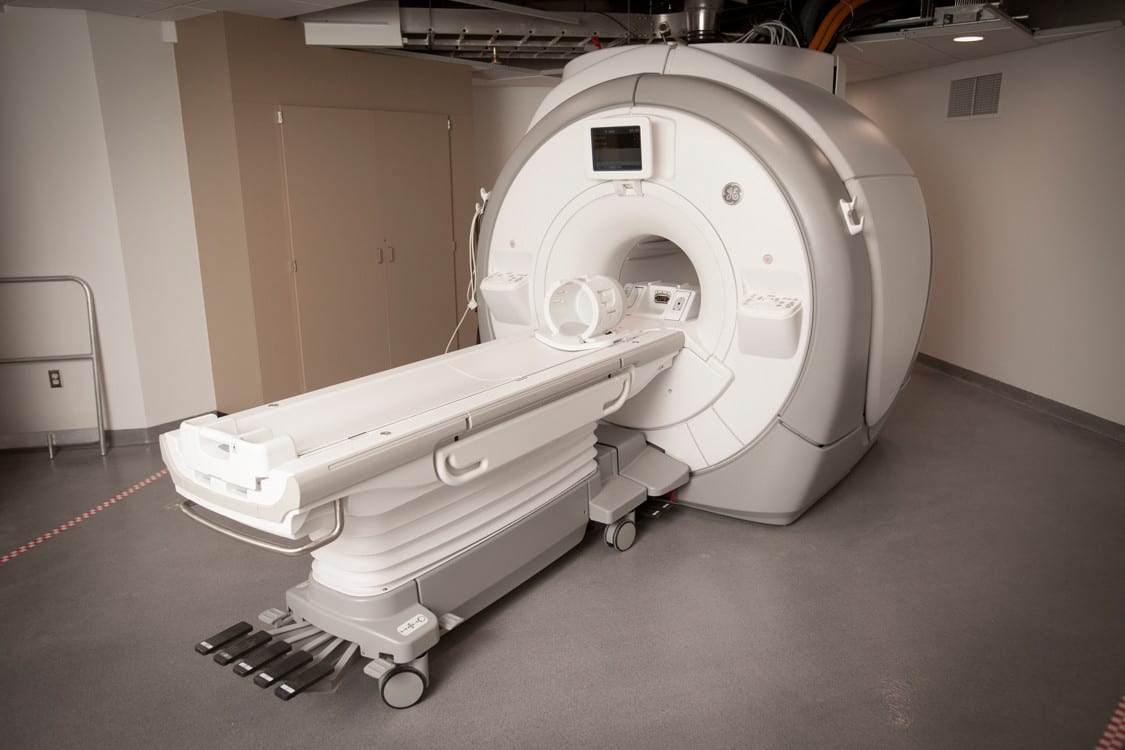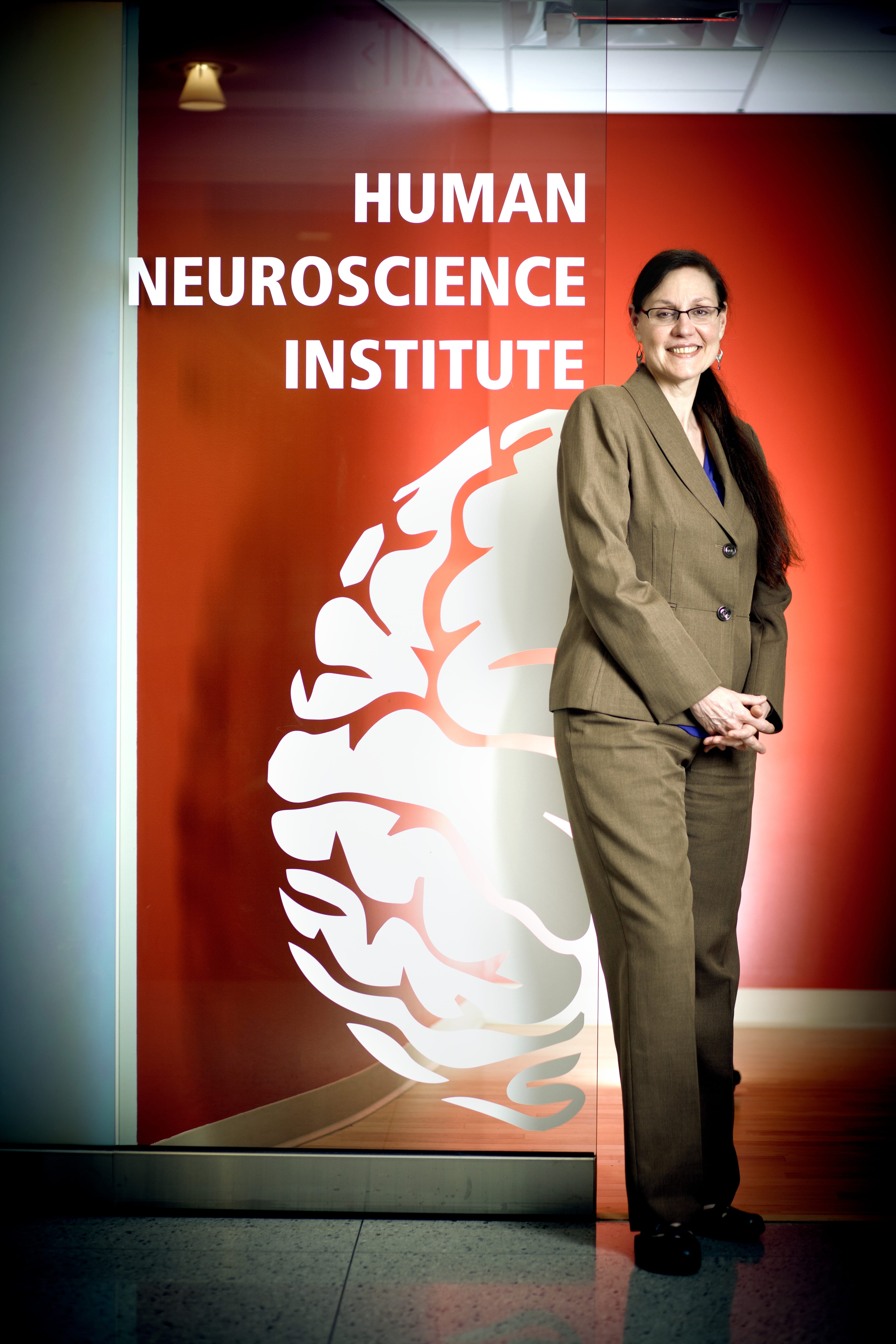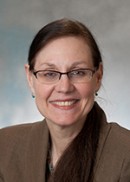Tag Archives: valerie reyna
Explore HD Today’s website!

HD TODAY e-NEWS: Insights from Human Development's Research & Outreach
HD TODAY e-NEWS is a quarterly digest of cutting-edge research from the Department of Human Development, College of Human Ecology, Cornell University. Explore the HD Today e-NEWS website at https://hdtoday.human.cornell.edu/ and discover a wide range of resources:
- Read and share our articles featuring research and outreach by HD faculty and students
- Watch videos on our YouTube Channel
- Listen to podcasts from our Listen Notes playlists
- Download reports and publications
- Learn with online continuing education
- Follow us on Twitter and Facebook
- Participate in a research study
- Subscribe to receive website and e-news updates
Explore HD Today e-NEWS website
HD TODAY e-NEWS: Insights from Human Development's Research & Outreach
HD TODAY e-NEWS is a quarterly digest of cutting-edge research from the Department of Human Development, College of Human Ecology, Cornell University. Explore the HD Today e-NEWS website at https://hdtoday.human.cornell.edu/ and discover a wide range of resources:
- Read and share our articles featuring research and outreach by HD faculty and students
- Watch videos on our YouTube Channel
- Listen to podcasts on our SoundCloud Channel
- Download reports and publications
- Learn with online continuing education
- Follow us on Twitter and Facebook
- Participate in a research study
- Subscribe to receive website and e-news updates
SPRING 2019 ISSUE
Stephen Ceci is elected to the American Academy of Arts and Sciences

Stephen Ceci, the Helen L. Carr Professor of Developmental Psychology in the College of Human Ecology is elected fellow of the American Academy of Arts and Sciences. Ceci’s research focuses on understanding real-world problems and settings. His work spans studies of intellectual development; children and the law; and women in science.
Imaging shows distinct pattern for tastes in the brain's taste center
Using functional magnetic resonance imaging (fMRI) and a new method of statistical analysis, Adam Anderson and colleagues have discovered that sweet, sour, salty, and bitter tastes are represented in distinct areas of the taste center in the human brain.
An interview with Valerie Reyna by CCE News

Dr. Valerie Reyna is Lois and Melvin Tukman Professor and has been Department Extension Leader for the Human Development department of the Cornell University College of Human Ecology since 2005. She also directs the Human Neuroscience Institute and co-directs the Center for Behavioral Economics and Decision Research.
The Integrative Neuroscience Salon - where science is a team sport

Dr. Marlen Gonzalez founded the Integrative Neuroscience Salon to create an inclusive community of "neuroscientifically curious" scientists from disparate disciplines, including human development, psychology, communications, engineering, neurobiology, computer science and law to meet and discuss neuroscience research through presentations and papers.
Anthony Burrow explains how 4-H can foster identity and purpose

Anthony Burrow, Professor in the Department of Human Development and co-director of the Bronfenbrenner Center for Translational Research’s Program for Research on Youth Development and Engagement (PRYDE), was interviewed for the podcast "Extension Out Loud." He discusses how exploring identity and sense of purpose helps young people get more out of programs such as 4-H.
Advancing science communication through Fuzzy-Trace Theory

Watch Valerie Reyna's talk at the National Academies of Sciences, Engineering, and Medicine's (NASEM) Colloquium on Advancing the Science and Practice of Science Communication: Misinformation About Science in the Public Sphere held in Irvine, CA on April 3-4, 2019 and co-sponsored by Rita Allen Foundation, Science Sandbox, Alfred P. Sloan Foundation and The KAVLI Foundation.
Spring 2019
FEATURES
Stephen Ceci is elected to the American Academy of Arts and Sciences

Stephen Ceci, the Helen L. Carr Professor of Developmental Psychology in the College of Human Ecology is elected fellow of the American Academy of Arts and Sciences. Ceci’s research focuses on understanding real-world problems and settings. His work spans studies of intellectual development; children and the law; and women in science.
Imaging shows distinct pattern for tastes in the brain's taste center
Using functional magnetic resonance imaging (fMRI) and a new method of statistical analysis, Adam Anderson and colleagues have discovered that sweet, sour, salty, and bitter tastes are represented in distinct areas of the taste center in the human brain.
An interview with Valerie Reyna by CCE News

Dr. Valerie Reyna is Lois and Melvin Tukman Professor and has been Department Extension Leader for the Human Development department of the Cornell University College of Human Ecology since 2005. She also directs the Human Neuroscience Institute and co-directs the Center for Behavioral Economics and Decision Research.
The Integrative Neuroscience Salon - where science is a team sport

Dr. Marlen Gonzalez founded the Integrative Neuroscience Salon to create an inclusive community of "neuroscientifically curious" scientists from disparate disciplines, including human development, psychology, communications, engineering, neurobiology, computer science and law to meet and discuss neuroscience research through presentations and papers.
MULTIMEDIA
Anthony Burrow explains how 4-H can foster identity and purpose

Anthony Burrow, Professor in the Department of Human Development and co-director of the Bronfenbrenner Center for Translational Research’s Program for Research on Youth Development and Engagement (PRYDE), was interviewed for the podcast "Extension Out Loud." He discusses how exploring identity and sense of purpose helps young people get more out of programs such as 4-H.
Advancing science communication through Fuzzy-Trace Theory

Watch Valerie Reyna's talk at the National Academies of Sciences, Engineering, and Medicine's (NASEM) Colloquium on Advancing the Science and Practice of Science Communication: Misinformation About Science in the Public Sphere held in Irvine, CA on April 3-4, 2019 and co-sponsored by Rita Allen Foundation, Science Sandbox, Alfred P. Sloan Foundation and The KAVLI Foundation.
An interview with Valerie Reyna by CCE News

Dr. Valerie Reyna is Lois and Melvin Tukman Professor and Department Extension Leader for the Human Development department of the Cornell University College of Human Ecology. She directs the Human Neuroscience Institute and co-directs the Center for Behavioral Economics and Decision Research.
What is your role with Extension?
I've been a Director of Extension since 2005, and one of the jobs that I have is to get the word out about what people are doing in the Human Development Department. Our Department is filled with people that go into the community and do a variety of things, a lot of which takes place in New York State. We integrate fundamental, basic science with societal problems. It's a lot of work to do both, but we think that's where a place like Cornell--and the College of Human Ecology--fill a huge need.
How has working with CCE has informed your research?
Working with young people, adults in the community, and Extension staff have taught us a great deal about how to promote healthy choices. For example, the content of the curriculum for reducing the risk of sexually transmitted disease and premature pregnancy has benefited from meeting with people on the front lines. We took their input and updated that curriculum. We took a curriculum, a multi-component curriculum that had some effect according to the CDC, and then we added our theoretical component to update it, magnify that effect, and make it last. We also developed an implementation manual. And all of this work benefitted enormously from having a lot of discussions with staff in CCE as well as the people from the community. I always tell my students to do a lot of listening because people will have crucial information about the nature of their life experience.
How has your research on decision making influenced public programming or outreach?
We have done laboratory demonstrations where we carefully test why people are making the choices they're making, including the brain and their behavior. From there we develop curricula and public health programs that our students deliver.
For example, one intervention we developed, which is on the best practices list of the CDC now, is for teenagers to reduce sexual risk-taking. The goal is to reduce premature pregnancy and sexually transmitted infections. It is a 14-hour-plus intervention that we train our students to deliver to youth clubs, CCE educators, New York State 4-H camps, and many other places.
We partner with CCE educators and we’ve gone into a variety of CCE sites over the years. For example, we've worked with Jackie Davis-Manigaulte from Cornell University Cooperative Extension - New York City.
What kind of value do those environments and those relationships provide your research?
I think it's very important to have the feedback go both ways. We really want to listen to people in the community. Their concerns inform my research and help me test my theories. Laboratory tests and real-world tests are an unbeatable combination: Lab tests tell you what is factually true, what causes human behavior. Real-world tests answer the question, is this really about something that's relevant? Do people think this is a problem?
For example, I recently had a graduate student, David Garavito, approach me, interested in concussions. And I knew concussions were a problem in the NFL, but the extent to which they’re an issue with ordinary middle school, high school and college students was really eye-opening. We, along with James Kim (a 2017 CCE summer intern), who joined us as an undergrad, performed outreach with the Ithaca Youth Bureau and designed and delivered a curriculum for 4-H camps and middle-schools.
All of this hasn't been done before. We build on health guidelines from the CDC, NIH, and other reliable sources, but we provide a psychological bridge between those facts and the human mind. We find that most people, especially young people, are in need of that bridge. We want to give them the facts and help them understand what they mean. What do they mean for your decisions? And how can we help you have insight into those facts, so that you can be the agent of your own choices that are healthy choices?
Read more about David Garavito’s work on concussions here. Read James Kim’s student journal about his summer internship experience studying concussions here.
How do you make complicated research more understandable for the general public?
Most adults want the bottom-line qualitative essence of information. They want to know what's the bottom line or the “gist” of what experts are talking about. For every domain that we study, whether it's healthy eating, fitness, concussion, or sexual risk-taking and HIV prevention, we say, what's the gist of this risk?
We understand that it’s not realistic, nor even healthy, to avoid all risk. You want to take some risks, but they should be healthy risks. So we try to distill the latest scientific information into its gist so that it can be in a usable form.
That's the centerpiece of our fuzzy trace theory. Fuzzy traces are the gist traces. It says get to the gist, teach the gist, illustrate the gist. Tell people the facts, but make sure you communicate the important essence of those facts, not just a lot of random things that may or may not be relevant to the decision you have to make.
For updates from Cornell University, College of Human Ecology’s Human Development department, including Dr. Reyna’s work, visit hdtoday.human.cornell.edu and subscribe to the HD Today newsletter.
Advancing science communication through Fuzzy-Trace Theory
Summer – Fall 2018
FEATURES
Spotlight on HD department in APS feature
In a new recurring feature, the Observer showcases university labs and departments that have advanced integrative science. In the inaugural installment, APS Fellow Qi Wang talks about Cornell University’s Department of Human Development, which she chairs.
Human Development welcomes new faculty
The Department of Human Development welcomes 4 faculty members with research interests that include network science, social media, epigenetics, ecology, conceptual development and cultural diversity, and social cognition.
Lin Bian – Early gender stereotypes impact girls’ aspirations
 Lin Bian will join the Department of Human Development in January 2019 as the Evalyn Edwards Milman Assistant Professor. Watch the NBC News video to learn more about her research on the acquisition and consequences of gender stereotypes about intellectual ability.
Lin Bian will join the Department of Human Development in January 2019 as the Evalyn Edwards Milman Assistant Professor. Watch the NBC News video to learn more about her research on the acquisition and consequences of gender stereotypes about intellectual ability.
Innovative research at the Cornell Magnetic Resonance Imaging Facility
 One of the central goals in the establishment of the Cornell Magnetic Resonance Imaging Facility (CMRIF) has been to help foster innovative technology development among faculty from diverse disciplines, including animal science.
One of the central goals in the establishment of the Cornell Magnetic Resonance Imaging Facility (CMRIF) has been to help foster innovative technology development among faculty from diverse disciplines, including animal science.
Using gist to communicate end-of-life treatment choices
 Valerie Reyna is collaborating with Holly Prigerson of Cornell Weill Medical College on an intercampus palliative care project as part of the recently established Academic Integration Initiative which fosters research between the Cornell Ithaca and the Cornell Weill New York City campuses.
Valerie Reyna is collaborating with Holly Prigerson of Cornell Weill Medical College on an intercampus palliative care project as part of the recently established Academic Integration Initiative which fosters research between the Cornell Ithaca and the Cornell Weill New York City campuses.
Qi Wang – Studying Memory Development in Cultural Context
 APS President Suparna Rajaram invited four distinguished psychological scientists to speak about memory from cognitive, neuroscientific, cultural, and developmental approaches as part of the Presidential Symposium at the 30th Annual APS Convention in San Francisco. Watch Qi Wang's presentation, "Studying Memory Development in Cultural Context: A Multi-Level Analysis Approach".
APS President Suparna Rajaram invited four distinguished psychological scientists to speak about memory from cognitive, neuroscientific, cultural, and developmental approaches as part of the Presidential Symposium at the 30th Annual APS Convention in San Francisco. Watch Qi Wang's presentation, "Studying Memory Development in Cultural Context: A Multi-Level Analysis Approach".
Innovative research at the Cornell Magnetic Resonance Imaging Facility

One of the central goals in the establishment of the Cornell Magnetic Resonance Imaging Facility (CMRIF) has been to help foster innovative technology development among faculty from diverse disciplines, including animal science.

Valerie Reyna, Director of the CMRIF explains the importance of the facility to the Cornell research community, “This versatile tool makes it possible to observe the brain in action, creating opportunities for scientific innovation to improve the human condition. It will be an asset in attracting and retaining excellent faculty, enriching the educational experience for our students.”

Philippa Johnson of the Cornell University College of Veterinary Medicine is a researcher who exemplifies the type of investigator the CMRIF has aimed to attract. She has been engaged in an MRI study of the cat's brain and spinal cord at the CMRIF. It is a challenge to generate high-quality scans of small animals. Watch her video to find out more about the specialized coil she purchased and how it has helped her research.
Using gist to communicate end-of-life treatment choices


Valerie Reyna is collaborating with Holly Prigerson of Cornell Weill Medical College on an intercampus palliative care project as part of the recently established Academic Integration Initiative which fosters research between the Cornell Ithaca and the Cornell Weill New York City campuses. Dr. Prigerson has been researching factors that hinder communications between patients and physicians about end-of-life decisions. In the course of her research, Prigerson discovered Dr. Reyna's fuzzy trace theory (FTT) and was eager to find a way to collaborate (read more in the downloadable article below). According to Reyna, an important principle of FTT is the "gist principle" which is a type of mental representation that "captures the bottom-line meaning of information, and it is a subjective interpretation of information based on emotion, education, culture, experience, worldview, and level of development" and can be applied to improve doctor-patient understanding and treatment options (click on the title of Dr. Reyna's paper, "A Theory of Medical Decision Making and Health: Fuzzy Trace Theory" to read more about FTT).
 Loading...
Loading...
'Mortal Matters' by Anne Machalinski, Weill Cornell Medicine Magazine - Summer 2018.
Spring – Summer 2018
FEATURES
Qi Wang Retraces Her Path to Memory Research

Qi Wang, an Association for Psychological Science (APS) Fellow esteemed for her scientific contributions on culture and autobiographical memory, reflects on her career path in an interview with Suparna Rajaram, the President of APS.
Special Issue on Women in Science

Wendy Williams, founder, and director of the Cornell Institute for Women in Science (CIWS) has edited a special edition of a journal on evidence-based research about factors that affect the academic and professional lives of women in STEM fields. In her editorial of Underrepresentation of Women in Science: International and Cross-Disciplinary Evidence and Debate, Williams provides a framework for understanding some of the issues and viewpoints that surround the debate of women in science.
Mothers Instill Eco-Awareness

Gary Evans and colleagues are the first to show that parenting can have long-term effects on pro-environmental attitudes and behaviors in adulthood. This has important implications for education and public policy.
Long-Term Depression Risk for Girls Who Start Puberty Early
 In his blog, The Methods Man, F. Perry Wilson MD, commends the quality of Jane Mendle's research on how early puberty may lead to depression in adulthood. Her results have important implications for depression screening recommendations of girls in early puberty.
In his blog, The Methods Man, F. Perry Wilson MD, commends the quality of Jane Mendle's research on how early puberty may lead to depression in adulthood. Her results have important implications for depression screening recommendations of girls in early puberty.
Too Young to Plead

In a recent paper, Valerie Reyna and Rebecca Helm reported that adolescents are more likely than adults to plea guilty to crimes they have not committed. They argue that the decision-making processes involved with plea-bargaining are developmentally immature in adolescents and they are vulnerable to pleading to a lesser charge even if innocent.
Mapping Emotion in the Brain

Daniel Casasanto and graduate student Geoffrey Brookshire propose an exciting new theory that, contrary to the prevailing view that different emotions are localized in specific areas of the brain, emotions are “smeared over both hemispheres” depending on an individual’s handedness.
The Accents We Trust
Katherine Kinzler studies the development of social cognition, with particular emphasis on exploring infants’ and children’s attention to the language and accent with which others speak as a marker of group membership. A recent article by the BBC explores her research and its implications for empathy, cultural learning, and trust.





